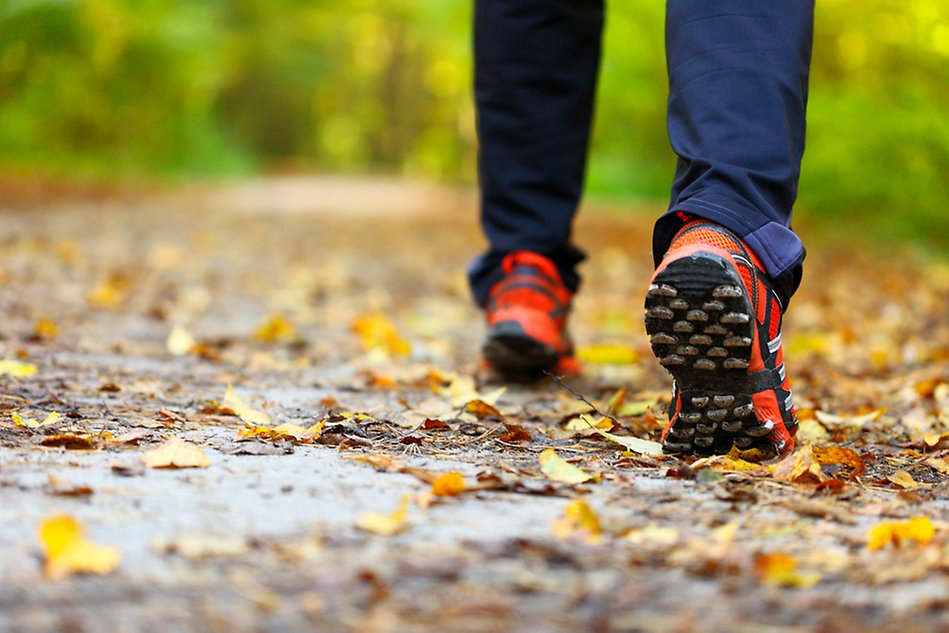Your walk talks
The way you walk can reveal current and future health problems. New research from Halmstad University suggests the use of wearable sensors for analysing your movement. This can potentially result in early detection of for example Parkinson’s disease, dementia, multiple sclerosis and other neuro-physiological disorders.
Many of our body systems, such as the cardio-vascular system and the neuro-physiological system, intimately collaborate to help us move. If one of these systems is affected by an illness, it will be reflected in the way you walk. The manner of walking or running is called gait and is typically analysed in specific gait clinics. In a recently published thesis, Siddhartha Khandelwal from the School of Information Technology at Halmstad University, proposes a solution on how a person’s gait can be measured outside of these controlled labs:
– Gait analysis is a critical component of assessing neuro-physiological disorders such as Parkinson’s disease, patients undergoing rehab or athletes with leg injuries. However, the analysis is currently performed under strictly controlled conditions and protocols. The results of my research are a step in the direction of providing the benefits of gait analysis to patients in their daily lives; thereby increasing the amount of information that is available for creating better support systems and plans for rehabilitation.

"The results of my research are a step in the direction of providing the benefits of gait analysis to patients in their daily lives", says Siddhartha Khandelwal.
Research results will become a product
Siddhartha Khandelwal research focuses on detecting gait events from wearable sensors on different parts of the body. This can be done in a home environment, by the patients themselves. The sensor data is translated to a unique pattern that shows the quality of the movement by comparing it with a ’normal walking’ template. This continuous collection of information in a real-life setting is unique and can hopefully help patients, physiotherapists and doctors with a better and more informed rehabilitation process.
– We have tested the system on very dynamic conditions, such as different walking and running speeds, surfaces and inclinations, and it showed excellent accuracy in detecting gait events. This proves that it is ready for use in real-world applications, says Siddhartha Khandelwal.
Siddhartha Khandelwal, who prestented his doctoral thesis on March 14, 2018, will contiune as a Research Engineer at the School of Information Technology. He will also develop the gait analysis system into a product at business incubator High Five in Halmstad.
Text: Louise Wandel
Bild: KRISTINA RÖRSTRÖM
Top illustration: ISTOCK
Read more
Thesis: Gait Event Detection in the Real World External link, opens in new window.

